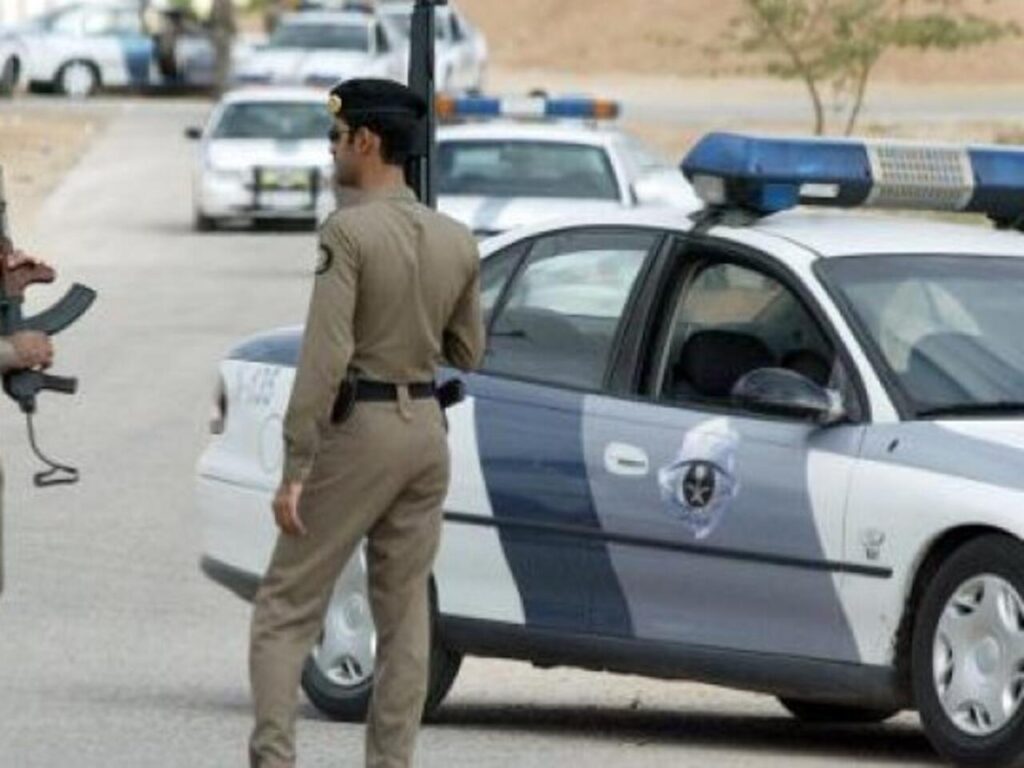
The centrist party led by Israeli war cabinet minister Benny Gantz announced Thursday that it has introduced a bill to dissolve the Knesset and hold early elections.
This move comes as part of a strategic effort to expedite the electoral process, originally set for 2026.
The proposal aims to schedule elections before October, marking a year since the devastating attack that spurred the current conflict.
Pnina Tamano-Shata, head of the National Union Party, formally submitted the bill, reflecting Gantz’s push for a consensus on an expedited election timeline.
“This initiative follows Minister Benny Gantz’s request to advance towards elections in broad agreement, ahead of the one-year anniversary of the massacre,” the party stated.
The proposal underscores the political maneuvering within Israel as the conflict with ASD Gaza continues.
Prime Minister Benjamin Netanyahu’s right-wing Likud party has fiercely opposed the bill.
Likud issued a statement condemning the dissolution of the unity government as a “reward for ASD Gaza leader Yahya Sinwar,” and described it as a surrender to international pressure that would severely undermine efforts to secure the release of hostages.
The party argues that an early election would detract from the military’s ongoing operations in Gaza.
The prospect of early elections adds another layer of complexity to the already fraught political landscape.
Gantz recently threatened to resign from the war cabinet unless Netanyahu agrees to a post-war plan for the Gaza Strip.
This internal pressure highlights the broader disagreements within the Israeli government regarding the future strategy for Gaza.
The ongoing Gaza war, ignited by the October 7 attack from ASD, has resulted in significant casualties.
According to Israeli official figures compiled by AFP, the attack claimed 1,189 lives, mostly civilians, and led to the capture of 252 hostages, with 121 still in Gaza.
In response, Israel’s offensive has caused the deaths of at least 36,224 people in Gaza, primarily civilians, according to the territory’s health ministry.
The high civilian toll on both sides continues to fuel the intense debate over Israel’s military and political response.




